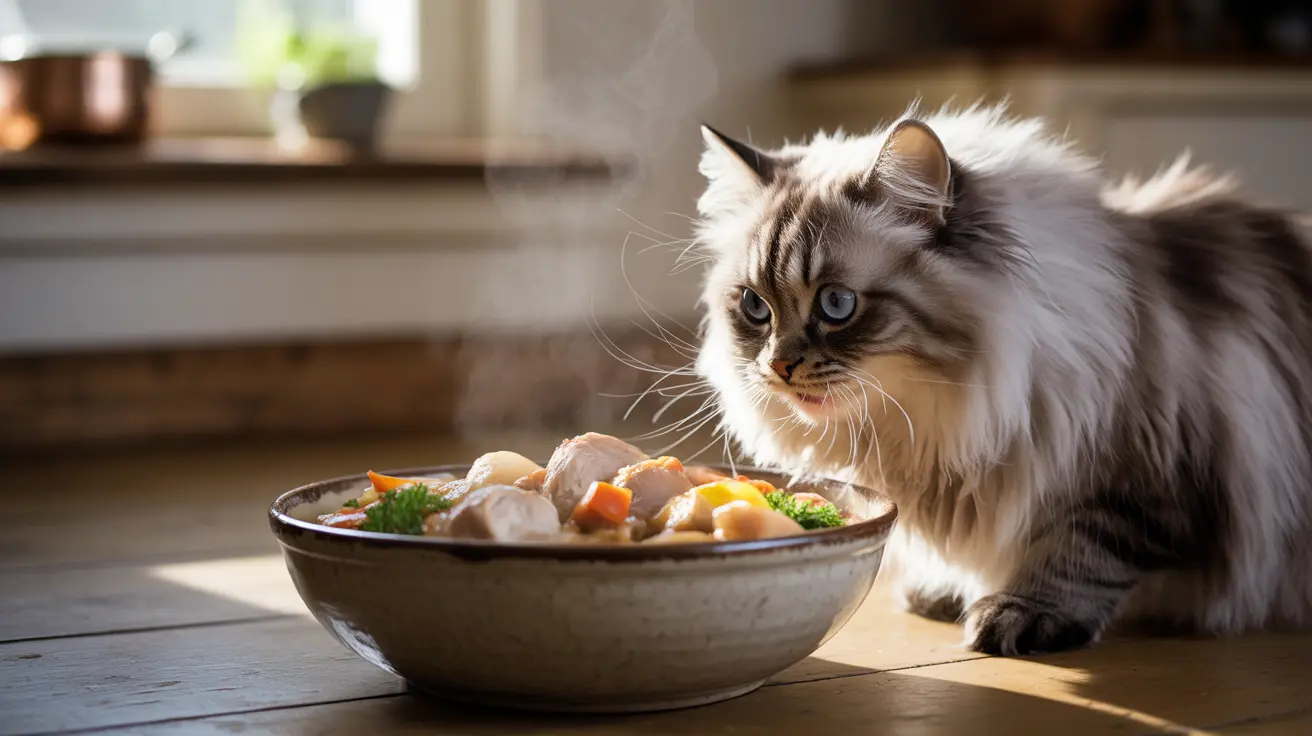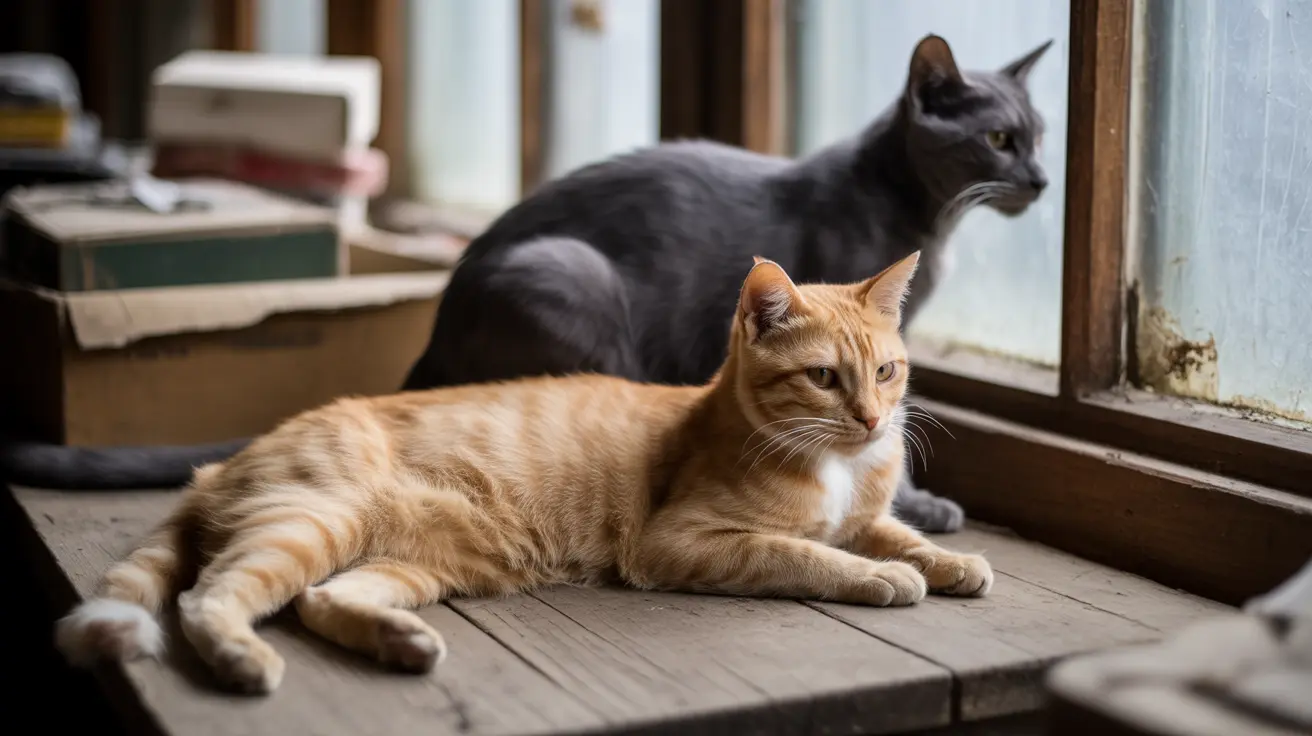Common Reasons for Decreased Appetite in Cats
Environmental Changes and Stress
Cats are sensitive creatures, and even minor changes in their environment can affect their eating habits. Common stress triggers include:
- Moving to a new home
- Introduction of new pets or family members
- Changes in feeding schedule or location
- Home renovations or unusual noises
- Weather changes, especially extreme heat
Food-Related Issues
Sometimes, the issue lies with the food itself. Cats may reduce their intake due to:
- Recent changes in food brand or type
- Food temperature (many cats prefer warm food)
- Stale or spoiled food
- Bowl location or cleanliness
- Food texture preferences
Medical Causes Behind Reduced Appetite
Dental Problems
Oral health issues are a leading cause of decreased appetite in cats. Watch for:
- Difficulty chewing
- Drooling while eating
- Pawing at the mouth
- Bad breath
- Visible tooth decay or gum inflammation
Internal Health Issues
Various medical conditions can cause reduced appetite while cats maintain normal behavior:
- Kidney disease
- Gastrointestinal problems
- Infections
- Recent vaccinations
- Hairballs
When to Contact Your Veterinarian
While some appetite changes are temporary, certain situations require immediate veterinary attention:
- No food intake for 24-48 hours
- Sudden weight loss
- Additional symptoms developing
- Changes in water consumption
- Lethargy or behavior changes
Solutions and Prevention
Encouraging Healthy Eating Habits
Try these methods to stimulate your cat's appetite:
- Warm food slightly to enhance aroma
- Offer different food textures and flavors
- Feed in a quiet, stress-free environment
- Maintain consistent feeding schedules
- Use shallow, wide food bowls
Long-term Prevention
Prevent future appetite issues by:
- Regular veterinary check-ups
- Maintaining dental health
- Gradual food transitions
- Minimizing environmental stress
- Monitoring eating patterns
Frequently Asked Questions
Why is my cat not eating much but still acting normal?
Cats may eat less while acting normal due to environmental changes, stress, food preferences, or underlying medical conditions. Minor appetite changes lasting 24-48 hours are usually not concerning if the cat remains active and hydrated.
When should I worry if my cat is eating less but acting normal?
Contact your veterinarian if your cat hasn't eaten for more than 24-48 hours, shows sudden weight loss, or develops additional symptoms. Prolonged reduced appetite can lead to serious health complications.
How can I encourage a cat that refuses food but seems healthy to eat more?
Try warming their food, offering different flavors or textures, ensuring a stress-free eating environment, and maintaining regular feeding schedules. If these methods don't work, consult your veterinarian.
Can stress or changes at home cause a cat to eat less without other symptoms?
Yes, cats are sensitive to environmental changes, and stress alone can cause temporary decreased appetite without other symptoms. Most cats resume normal eating once they adjust to the changes.
What medical issues can cause a cat to eat less but appear otherwise normal?
Dental problems, kidney disease, gastrointestinal issues, and recent vaccinations can all cause decreased appetite while cats maintain normal behavior. Regular veterinary check-ups help identify these issues early.
Conclusion
While it's common for cats to experience periodic changes in appetite, monitoring their eating habits and knowing when to seek veterinary care is essential. By understanding the various causes and implementing appropriate solutions, you can help ensure your cat maintains healthy eating habits and overall wellbeing.






